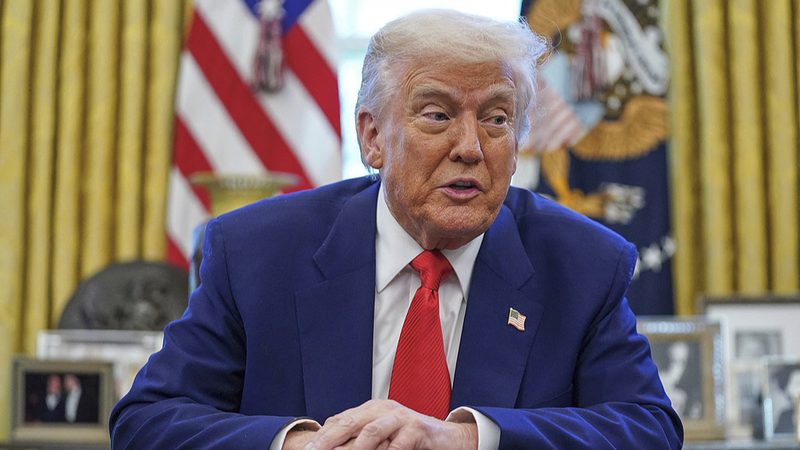In today’s interconnected global economy, trade policies can have far-reaching effects. Recent analysis points to reciprocal tariffs as a growing concern for the U.S. economy, with potential to spark both inflation and recession risks.
Reciprocal tariffs—measures where trading partners impose tariffs in response to one another—can lead to higher costs on imported goods. As these costs rise, businesses may pass them on to consumers, contributing to increased inflationary pressures. The resulting price hikes affect everything from everyday goods to essential industrial components.
Business and tech enthusiasts note that disrupted supply chains and increased production costs can slow innovation and dampen economic momentum. For many young global citizens and digital nomads, the impact of these tariffs is felt in rising living expenses and shifting market dynamics.
Across global markets, the conversation is turning to how policy makers and economic leaders can mitigate these risks. Data-driven insights and historical precedents encourage a reexamination of trade strategies to balance competitive markets with sustainable growth. Stakeholders—from thought leaders to entrepreneurs—are urging for informed dialogue that embraces resilient, adaptable approaches in the face of trade challenges.
The evolving economic landscape serves as a reminder that proactive policy reform may be essential to curtail adverse impacts while nurturing global innovation and collaboration.
Reference(s):
"Reciprocal tariffs" effects: inflation and recession risks in the US
cgtn.com




